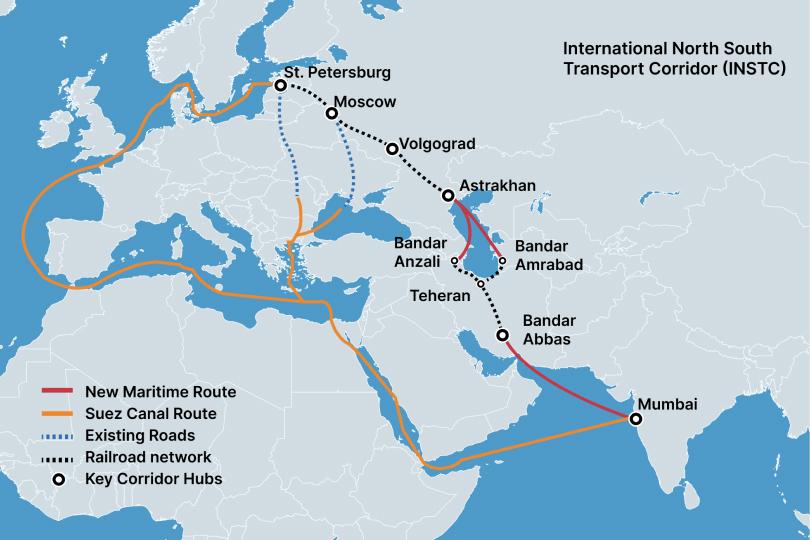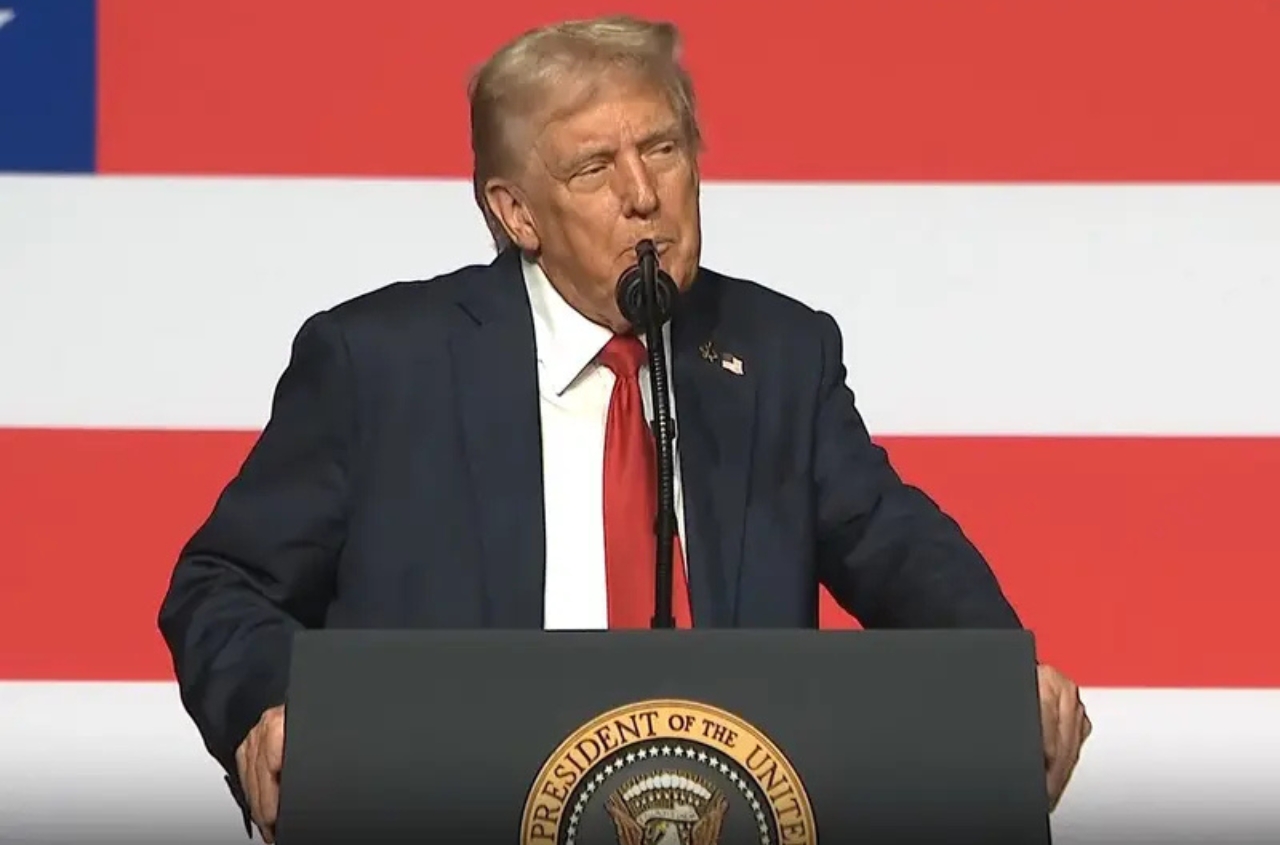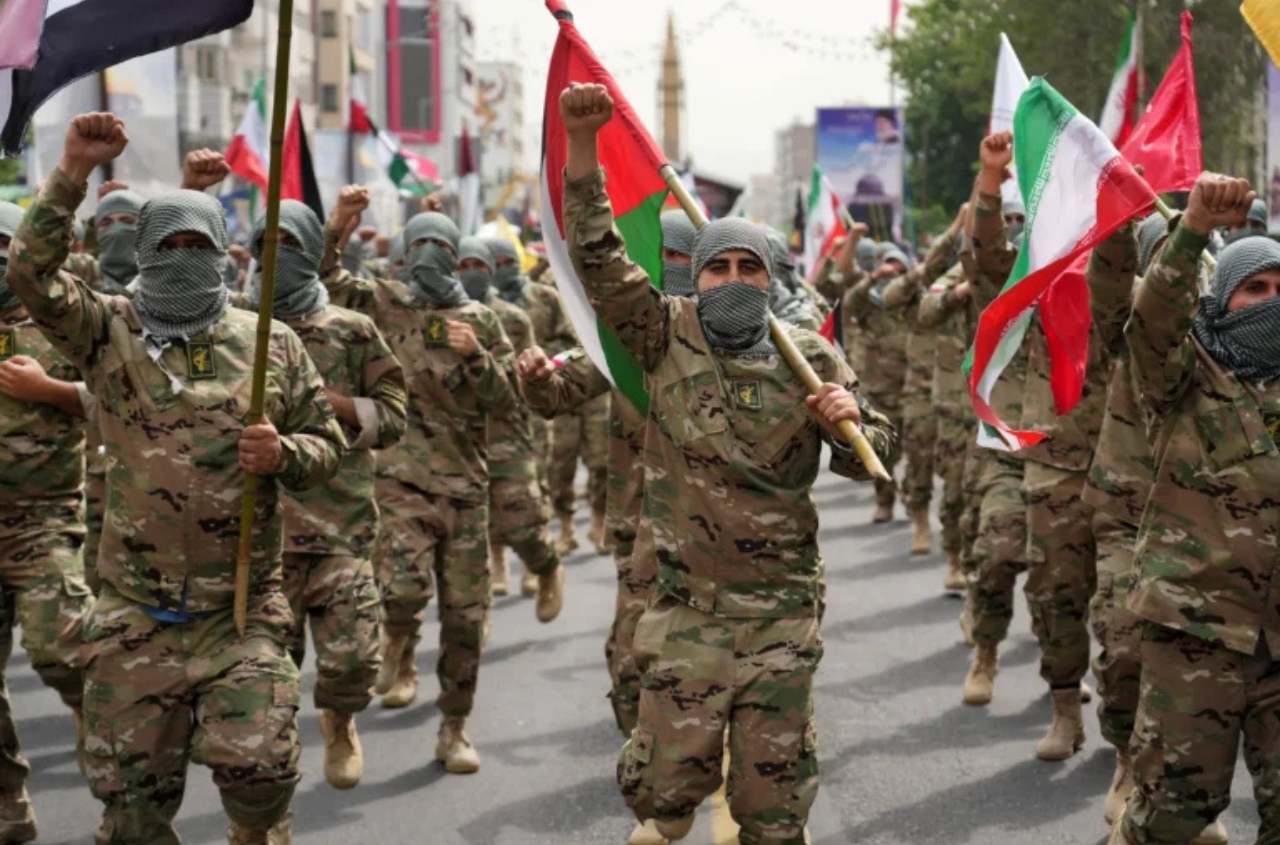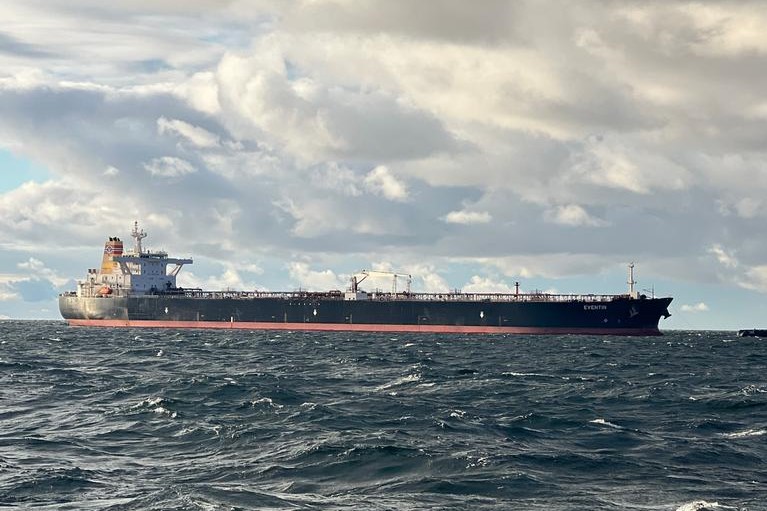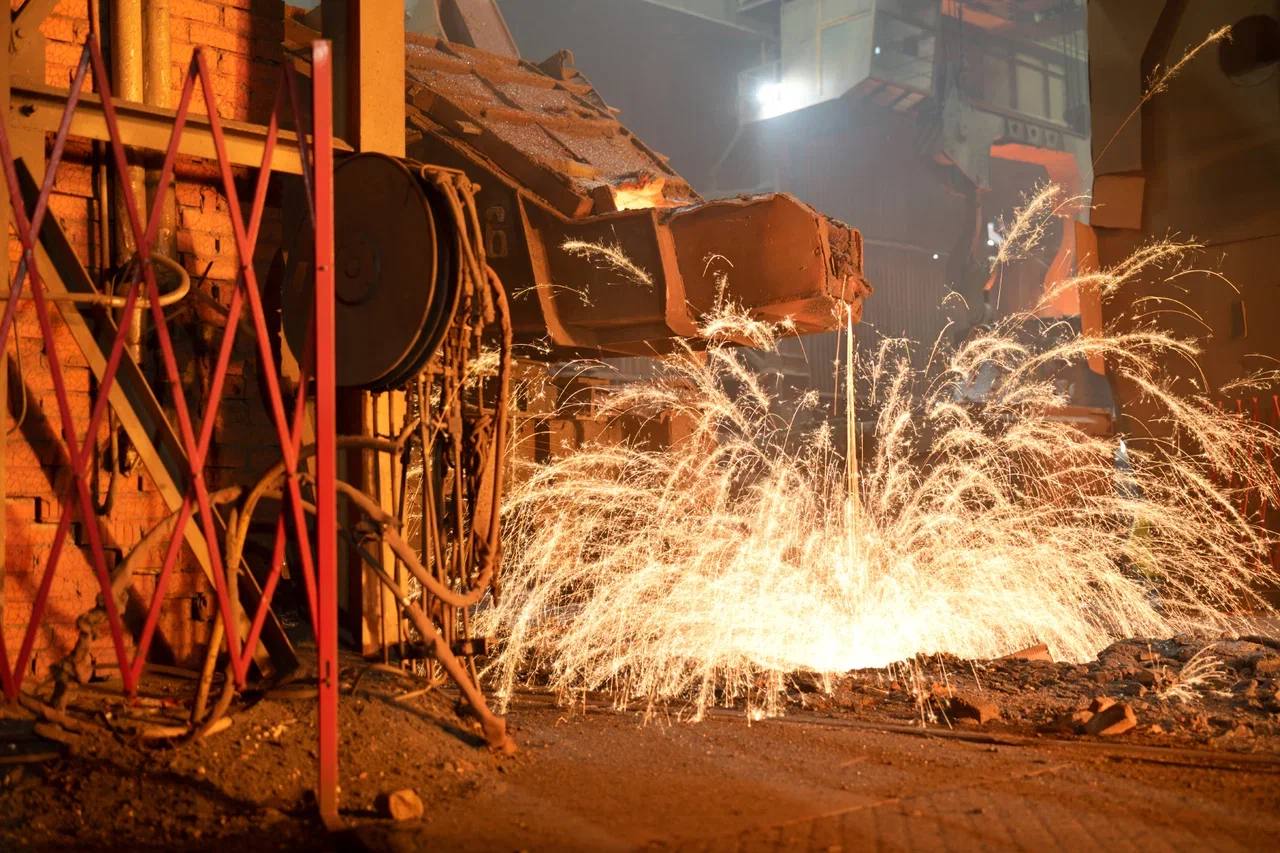Russia and Iran have signed a Comprehensive Strategic Partnership Agreement. Is it part of the "Big Deal"?
A key point is that the agreement does not include a section on military mutual assistance, unlike the case with North Korea, where such a section exists and is clearly outlined.
There is a formal reason why there is no "military section" in the agreement with Iran. According to Iran's Constitution, the country can only form military alliances with Muslim countries.
However, if Moscow had been willing to enter into a military alliance with Iran, Tehran would likely have amended its Constitution, as Iran is keen on a military coalition with Russia.
We see Israel rapidly closing its geopolitical risk zones, focusing on the "main blow" direction — Iran.
A ceasefire with Hezbollah, Hamas, and successfully removing Assad's Syria from the game.
Everything is ready for the main confrontation of the Middle Eastern campaign of 2023-2025.
The key task for Israel is to eliminate Iran's nuclear program.
The United States wants to try to achieve this through negotiations, but Israel bets on the physical destruction of Iran's nuclear facilities.
In this scenario, Iran needs allies, especially in light of the collapse of its "Axis of Resistance" and its defeat in Syria.
But Russia has not entered into such an alliance, and it is likely that unofficial Israeli diplomacy has played a role here.
The United States is also not interested in Moscow helping Tehran during an attack on Iran.
Thus, the agreement was signed almost simultaneously with the ceasefire in Gaza, hinting at the "package nature" of what is happening.
Therefore, the agreement between Iran and Russia is heavily focused on the economy and logistics, with little emphasis on security.
Yes, the first article of the agreement declares cooperation in the security sector. But this is very conditional and declarative.
There is also a very weak third article, stating that the parties are obliged not to assist each other's opponents in the event of a military conflict.
It is hard to imagine Iran helping Ukraine or Russia helping the United States and Israel.
Article 4 discusses intelligence cooperation, and articles 5-6 cover military-technical interaction.
But the key point is the economy and logistics.
The core of the agreement is the launch of the North-South transport and logistics corridor project, which will connect the European part of Russia to Azerbaijan, and further to Iran, specifically to the Iranian port of Chabahar (Article 21).
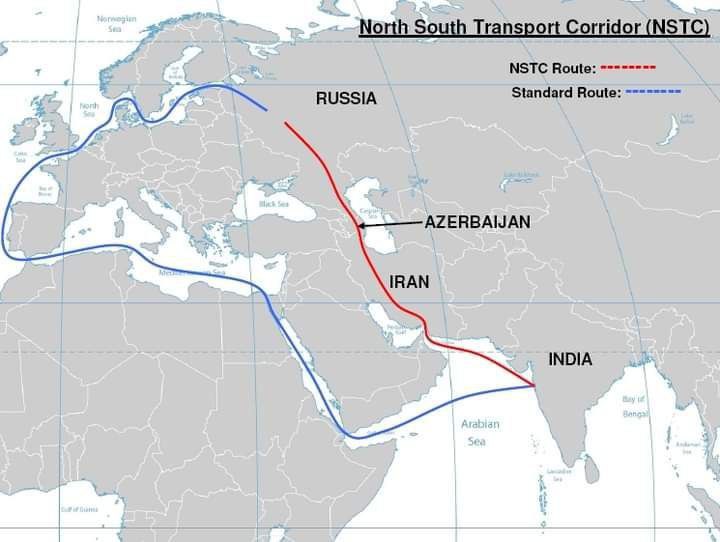
This is the key article of the agreement.
Currently, Russian oil is transported from Russian Baltic ports via the Baltic Sea, then to the Atlantic, through the Strait of Gibraltar into the Mediterranean, via the Suez Canal to the Red Sea, and then to the Indian Ocean and ports in India.
This route has three choke points: the Danish Straits, Gibraltar, and the Suez Canal.
Talks about blocking Russian oil through the Danish Straits are already underway.
The North-South route is much shorter, passing through Russian and Iranian territory with a brief segment in Azerbaijan.
I have already written that the Global Eurasian Island will either switch to land-based transport corridors or to coastal maritime routes: the Northern Sea Route and the North-South route (a combination of land transport and coastal shipping from Iranian ports to Indian ports).
This logistical revolution could significantly alter the global transportation matrix.
Maritime empires, such as the United States or Britain, based their power on fleets, ports, and control over sea routes and straits.
This was also written by American geopolitician Alfred Mahan in his work "The Influence of Sea Power upon History" — a "catechism" of imperialists, as it was called.
Coastal shipping and land-based Eurasian routes enhance the influence of countries like China and Russia in Eurasia.
In the context of the Chinese-Russian geopolitical synthesis, Iran becomes one of the key logistical countries — a transport hub for both Russia and China.
And, by the way, within this framework, Russia also does not need a "nuclear Iran." Here, its goals may align with those of Israel and the United States.









